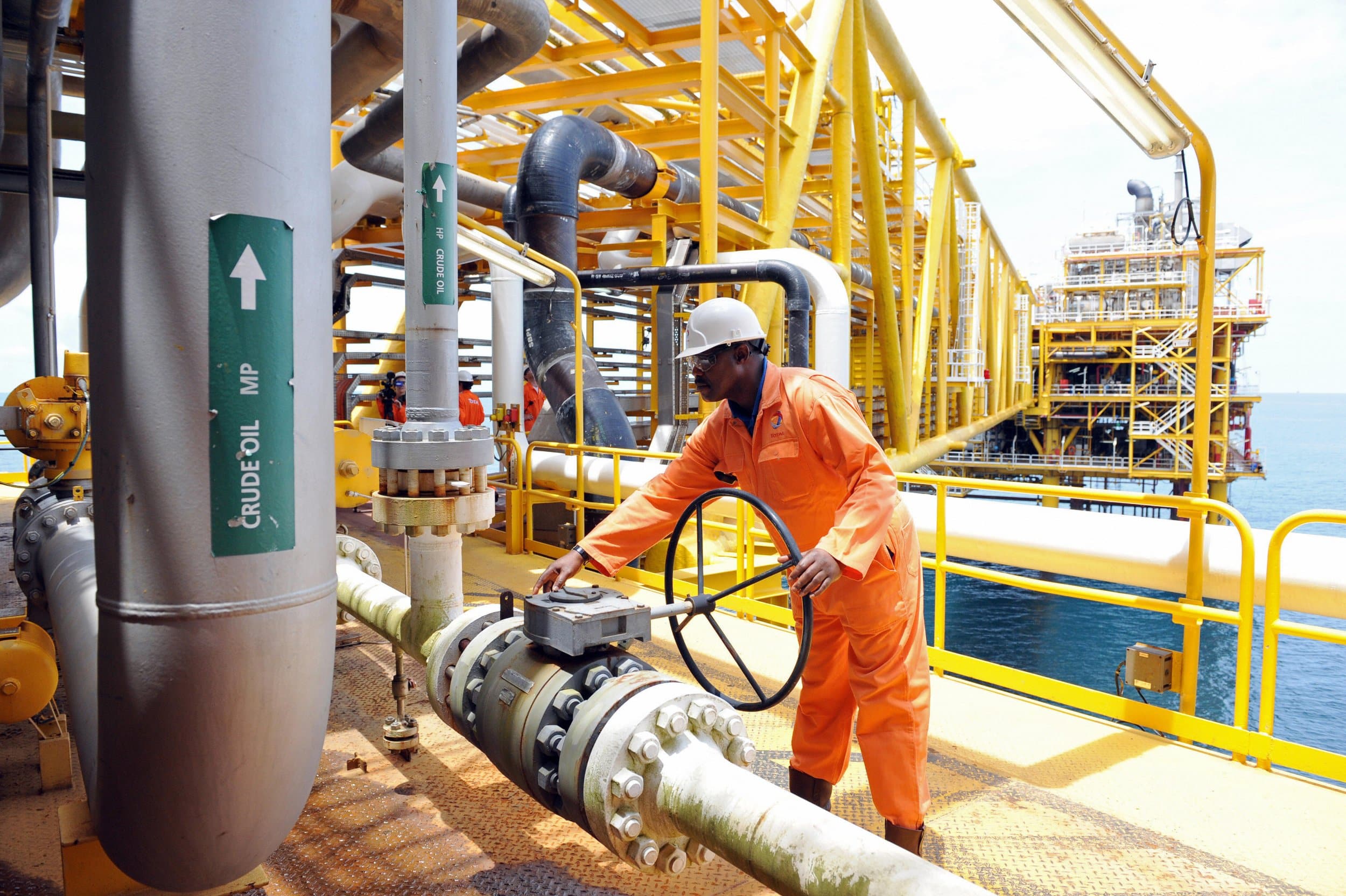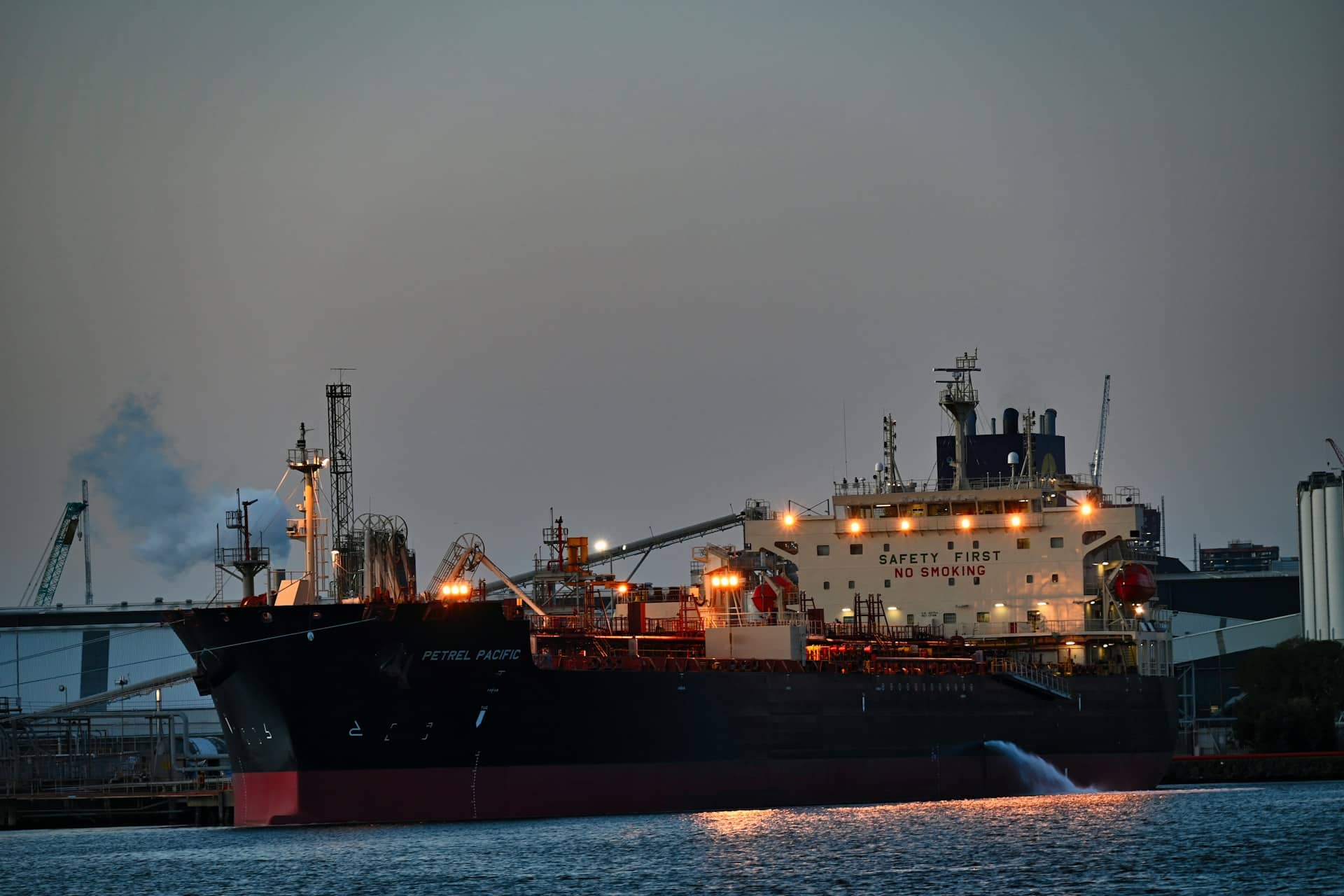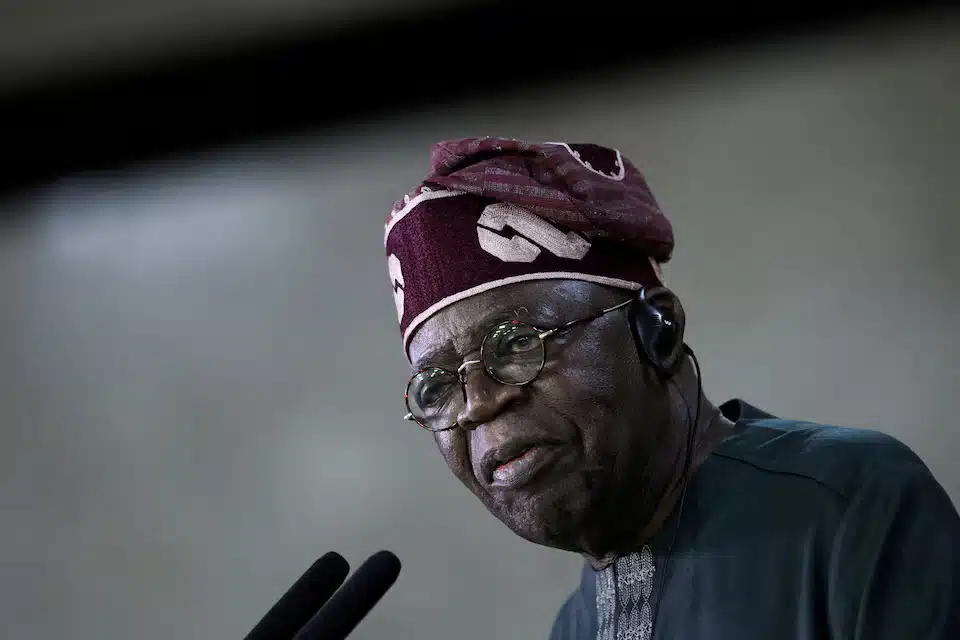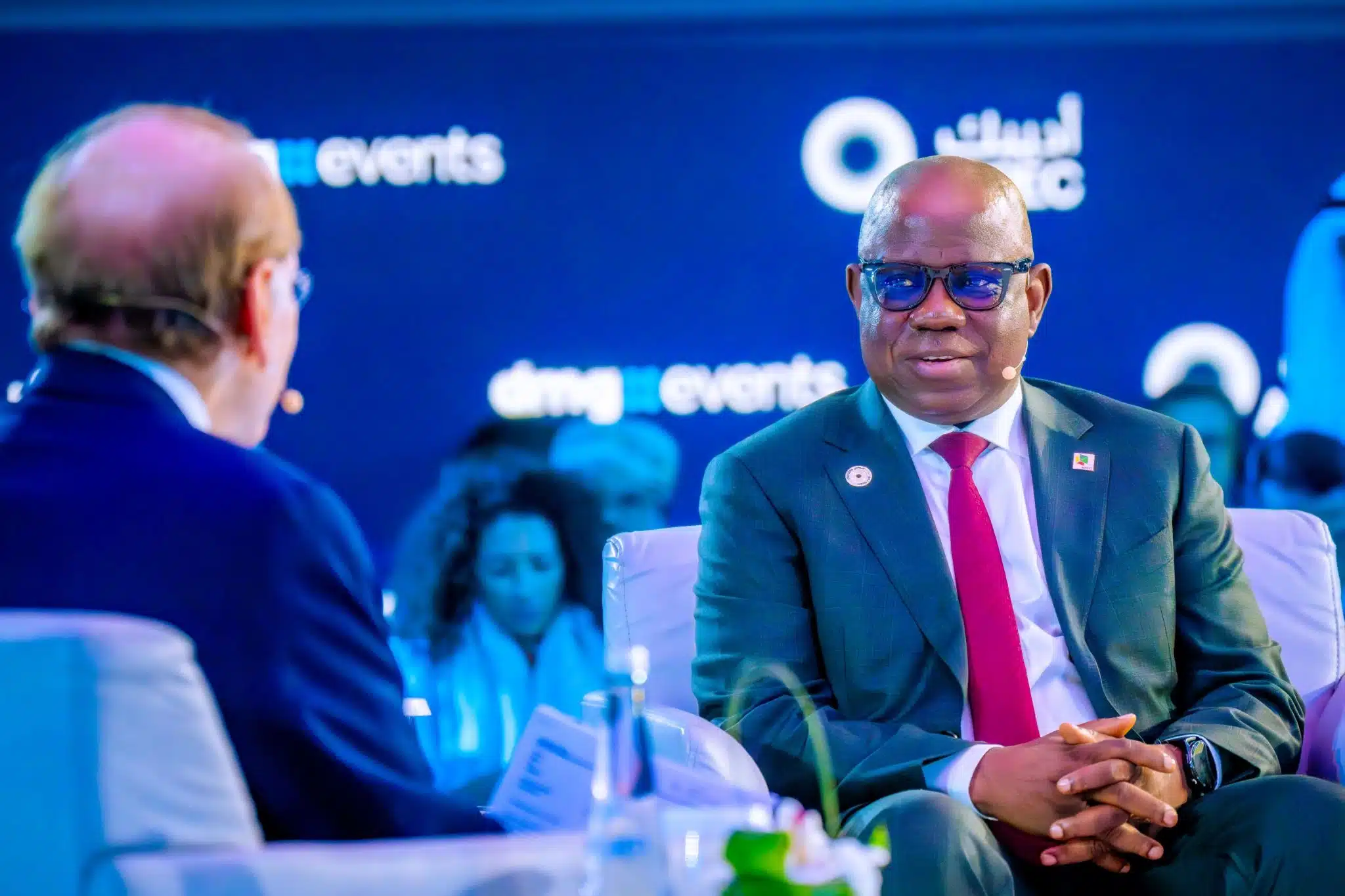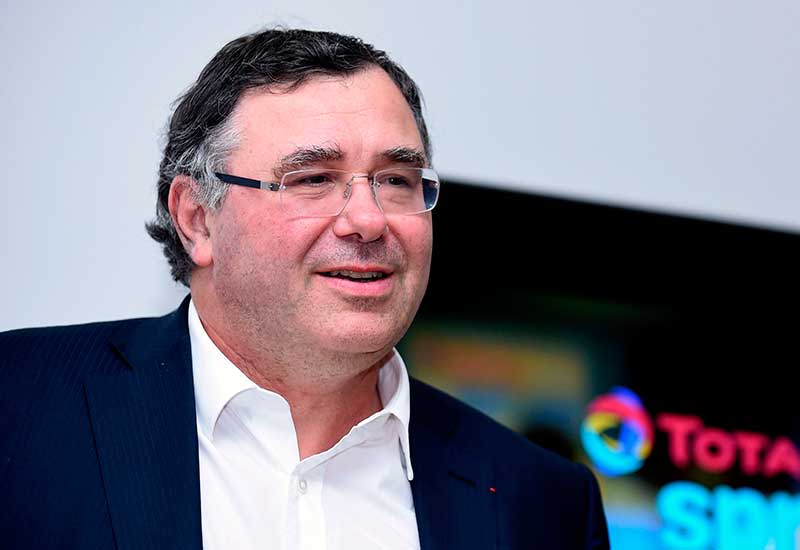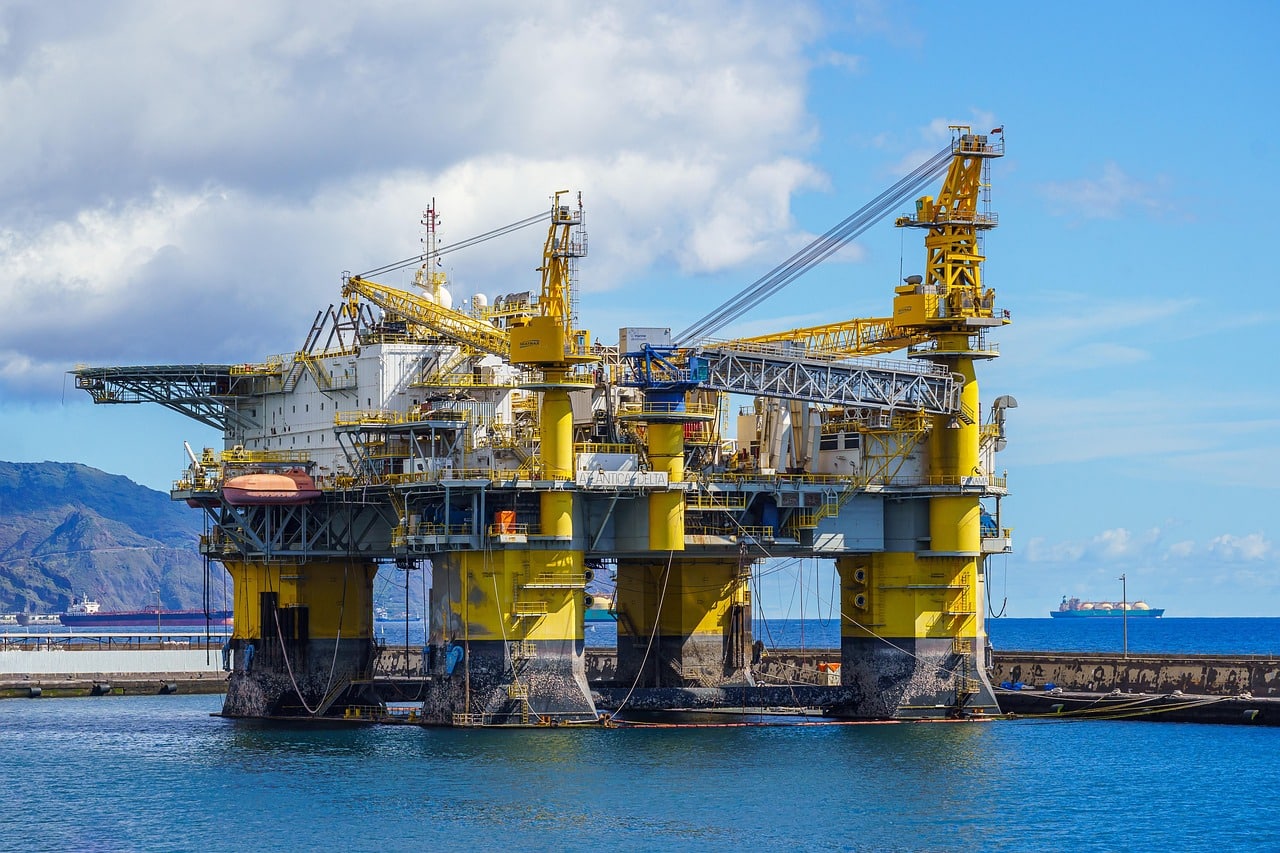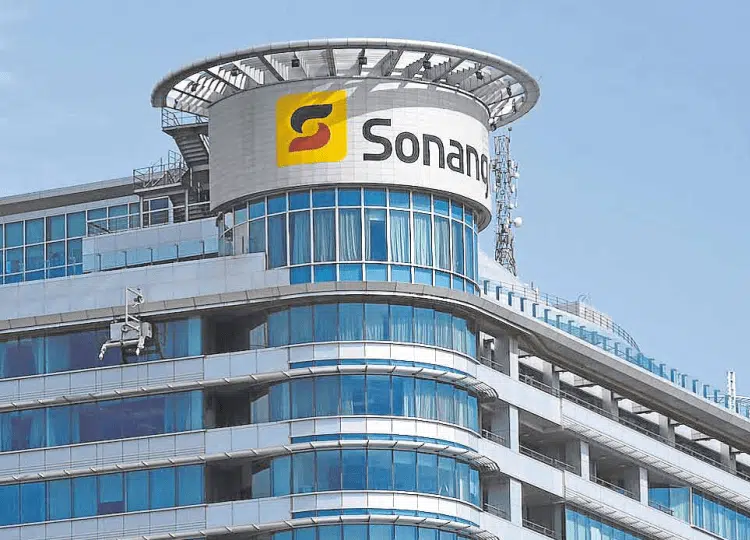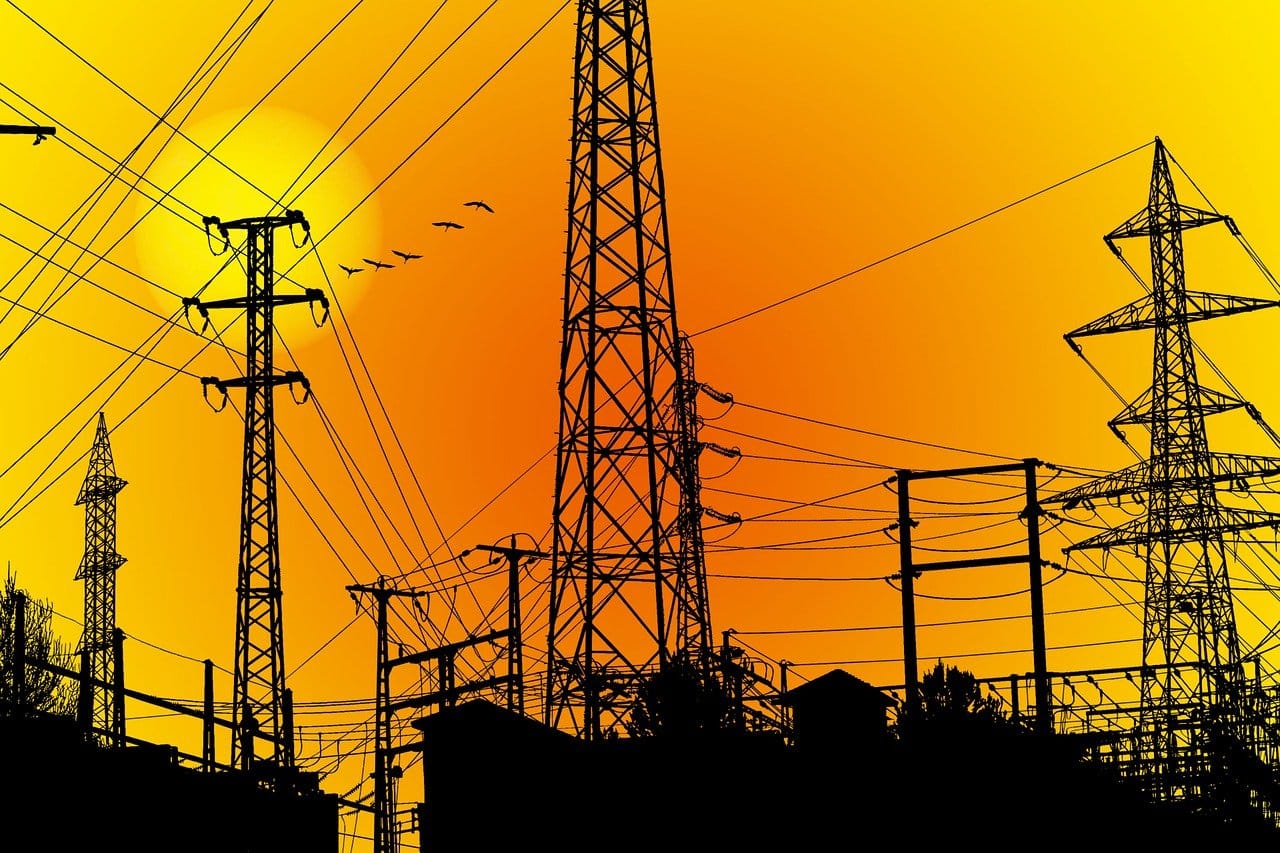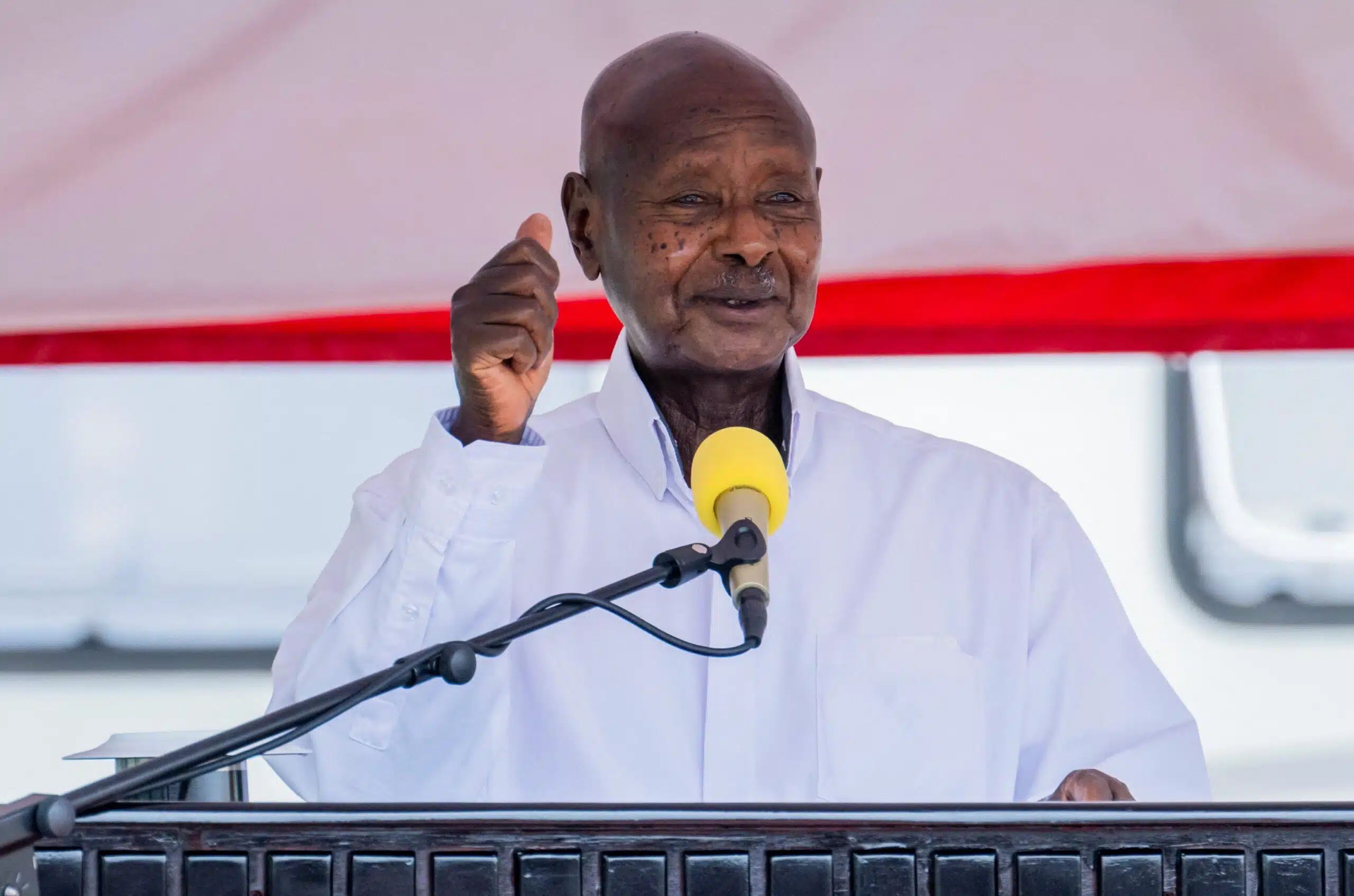On November 4, 2025, Thursday, I met with the ebullient, calm Clementine Wallop, who after meeting with her, I could only describe as a Nigerian oyinbo.
Wallop is a British-born, globally bred, and Nigeria-loving analyst l whose work for Horizon Engage in the last six years has made her somewhat an expert on the oil and gas sector in the country, and perhaps, on the continent.
I didn’t know any of this, by the way, until our meeting at the towering elite building of Lagos Continental in Victoria Island.
In her cheerful, casually and unapologetically British style, Wallop had extended an invite for me to visit her at the lobby of the Continental.
The invitation was warmly surprising since we’ve only been chatting for a few months on LinkedIn, and even more shocking when I found out that that was the day she arrived in the country.
“I landed this morning. I only just settled in and will be meeting with other people throughout the day,” she said to me as we both exchanged pleasantries and settled opposite each other on the comfy couches of the opulent hotel lobby.
Before we could even begin formal introductions, the conversations kicked in. Her engaging demeanour quickly drew me into the chatter as I forgot the formality of meeting a stranger for the first time, much more an oyinbo stranger.
The conversation quickly swirled to our shared interests, the Nigerian oil and gas sector.
She had so much to say in an exciting, rapid-fire style coupled with her British humor, by the way, about the country’s burgeoning oil and gas industry.
“I’ve been covering this nation’s oil sector for ten years now, and I can tell you this is the most exciting time of the industry in a while,” she said.
I agreed. Nigeria’s oil sector is currently undergoing major reforms and internal changes that even those from afar could notice quite succinctly.
But Clementine isn’t in any way from afar. Apart from her skin colour and her endearingly softer accent, which is quite different from my darker skin and thicker South-West, typically Nigerian identity, Wallop is in every other way as much an expert on Nigeria as anyone.
More often than you expect, Nigerian phrases like “waka”, “wahala” and “oyinbo” filled her words without even so much as an effort.
One would quickly guess that these are words and phrases she uses frequently, perhaps subconsciously, even among her white friends and colleagues.
Taking a sip from her “very red, really sweet, bad for you coke,” as she called it, Wallop told me how things are shifting in the country and how investors are paying attention to the new players.
“The new president is a president who listens to the grievances of the oil players and investors,” she said. “I think there’s quite a diversion from what was before and what we currently have now.”
Again, I agreed. Since his emergence as the president of the country, President Bola Tinubu has signed not less than three executive orders majorly on oil and gas to attract investors.
Chief among them would be the tax credit, which allowed companies to claim some tax rebates for cutting costs on exploration, drilling and production activities, thus creating an incentive for participants to reduce cost of production which seems to be uncompetitive globally.
Tinubu’s reforms have also attracted not less than $7 billion in real cash value in the sector.
For the first time in about 12 years, Nigeria inks a deal that allows for further exploration in the offshore environment.
The recent deal between Sunlink and Shell on a $2 billion offshore gas project also showed that the nation is moving in the right direction when it comes to gas being a transition fuel.
However, Wallop’s optimism is not out of place with the complex, nuanced difficulties of other work needed to be done.
She reckoned with me that while these reforms are obviously steps in the right direction, the lingering web of red tape and bureaucracy still beleaguers the sector.
She identified Angola as a country where a simpler regulatory structure and the existence of fewer government agencies allows for speedier investment decisions and project development.
Nigeria needs to find a balance between bureaucracy overlap, corporate governance and efficiency, particularly when it comes to expediting a contract or maintaining adherence to global practices.
Her views, which are quite similar to mine, is that reforms alone won’t cut it. When it comes to regulatory overlaps, clean-up is required too.
The conversations soon drifted to global politics, the British election and Trump.
I admitted to her that I didn’t really know much about what’s happening in Downing Street.
The truth is, I lied. Or perhaps I wasn’t telling the whole truth.
Personally, British politics has just stopped being exciting for me. Wrapped in its antique, aristocratic modus operandi, the House of Lords and Commons and everything in between could bore a casual observer like myself.
The last time, for me, and perhaps for most outsiders like myself, that I took what’s happening in Britain seriously was during Brexit.
I told her that too.
Typical of her, and I was beginning to see her generosity, she forgave my ignorance.
She explained to me how real, raw and quite challenging politics has become in Britain. She told me, much more like we have here, the government seems to be out of touch with the grim reality of people living in the country.
I told her I could relate even here in Nigeria. While reforms by the president are lauded as progressive and positive for the country, they also come with surgical pains and hardship to the most vulnerable.
Nigeria, like Britain, is a nation of interesting dichotomy. The chasm between the rich and the poor keeps getting deeper, and the surgical reforms in themselves seem not to be addressing the main challenge of keeping food on the table of those who need it.
Wallop reckoned with this fact with grace and candour. She referenced the temporary import duty waiver on food items put in place by President Tinubu.
I told her how that has helped smoothen things a bit, bringing inflation a little down.
“But that alone is a temporary solution. My fear is that while there’s relative stability in the country, there may not be collective economic growth in the nearest future,” I said.
The government has been pretty loose in curtailing expenditures, capping budget deficits and altering their appetite for profligacy and bureaucratic wastage, I argued further.
“All these will add to inflationary pressure in the nearest future,” I said.
Wallop nodded along, but she wouldn’t leave the conversation on my bleak, neoliberal note.
“In all of these, one thing I love about Nigerians is how generous and sharing they can be. Nigerians are always willing to share.
“Just today, as I arrived, someone gave me his aso ebi for his wedding, asking me to attend. Nigerians are just that giving,” she said.
To that, I have no argument.
The conversation went on for another two hours or so. But this time I was already immersed in the camaraderie of the whole atmosphere.
Close to the early hours of the evening, she told myself and another visitor of ours who later joined us that she needed to rest and freshen up.
We exchanged a hug and she waved us goodbye. I told her we should do this some other time.
It was the most insightful conversation I’ve had in a long time about my country’s oil and gas sector.
And to be honest, it gives me a chilling optimism about the industry in itself.
My only regret was that I didn’t ask for a picture to be taken of both of us. Perhaps when next we meet, which I truly hope will be soon enough.
Editorial disclaimer: Clementine Wallop is an energy analyst whose work focuses on the African continent. She currently leads Horizon Engage’s Sub Saharan Africa desk. Our conversation was mostly personal and informal, so her input was sought before publication to confirm what could be made public. This piece reflects personal perspectives and should not be taken as an official position of either party.

